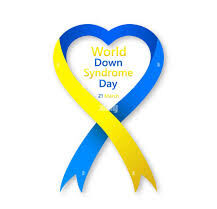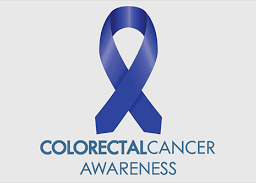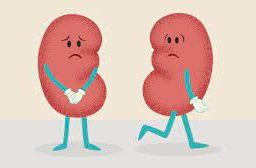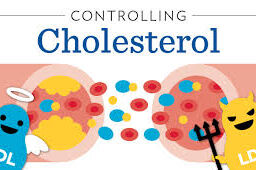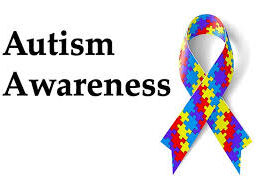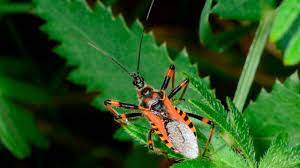
Causes and Transmission of Chagas Disease: How It Spreads
Chagas disease, caused by the parasite Trypanosoma cruzi, is a serious yet often overlooked health concern, particularly in Latin America. On April 14th, we observe World Chagas Disease Day to shed light on this neglected tropical disease. Understanding its transmission, symptoms, and prevention methods is crucial in combating its spread and improving global health outcomes. Join us in raising awareness and promoting action against Chagas disease.
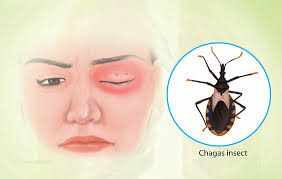
April 14th is recognized as World Chagas Disease Day. This day is dedicated to raising awareness about Chagas disease, which is a neglected tropical disease caused by the parasite Trypanosoma cruzi. It is estimated that around 6 to 7 million people worldwide are infected with the disease, primarily in Latin America.
Chagas Disease Day Overview
The day was designated by the World Health Organization (WHO) to commemorate the birthday of Carlos Chagas, a Brazilian physician who first discovered the disease in 1909. The goal of World Chagas Disease Day is to increase public awareness about the disease, promote research and innovation, and encourage global partnerships to help control and eliminate the disease.
On this day, health organizations, governments, and NGOs work together to raise awareness about the disease and promote prevention, diagnosis, and treatment. They also organize campaigns to educate people about the disease and its transmission, as well as provide information on how to prevent infection.
Trypanosoma cruzi is a protozoan parasite that causes Chagas disease. It is mainly transmitted to humans and other animals through the bite of infected triatomine bugs, also known as “kissing bugs.” These insects typically live in the walls and roofs of poorly constructed homes in rural and urban areas of Latin America, although the disease is also found in some parts of the United States, Canada, and Europe.
When a triatomine bug bites an infected person or animal, it takes in blood containing T. cruzi parasites. The parasites then multiply within the bug’s gut and are excreted in its feces. If the infected feces come into contact with the bite wound or a mucous membrane, such as the eyes or mouth, the parasites can enter the body and cause infection.
It can also be transmitted through blood transfusions, organ transplantation, or from mother to child during pregnancy or childbirth. In some cases, the disease can also be transmitted through food or drink contaminated with the parasite.
Once inside the body, T. cruzi parasites can cause a range of symptoms, from mild to severe. Early symptoms can include fever, fatigue, body aches, and swollen lymph nodes. Over time, the infection can damage the heart, digestive system, and nervous system, leading to serious health problems. However, many infected persons may not show any symptoms for years, making diagnosis and treatment difficult.
Disclaimer: The information provided in this content is for general informational purposes only. It is not intended as medical or healthcare advice, diagnosis, or treatment. Always seek the advice of a qualified healthcare professional with any questions you may have regarding a medical condition or healthcare decisions.


